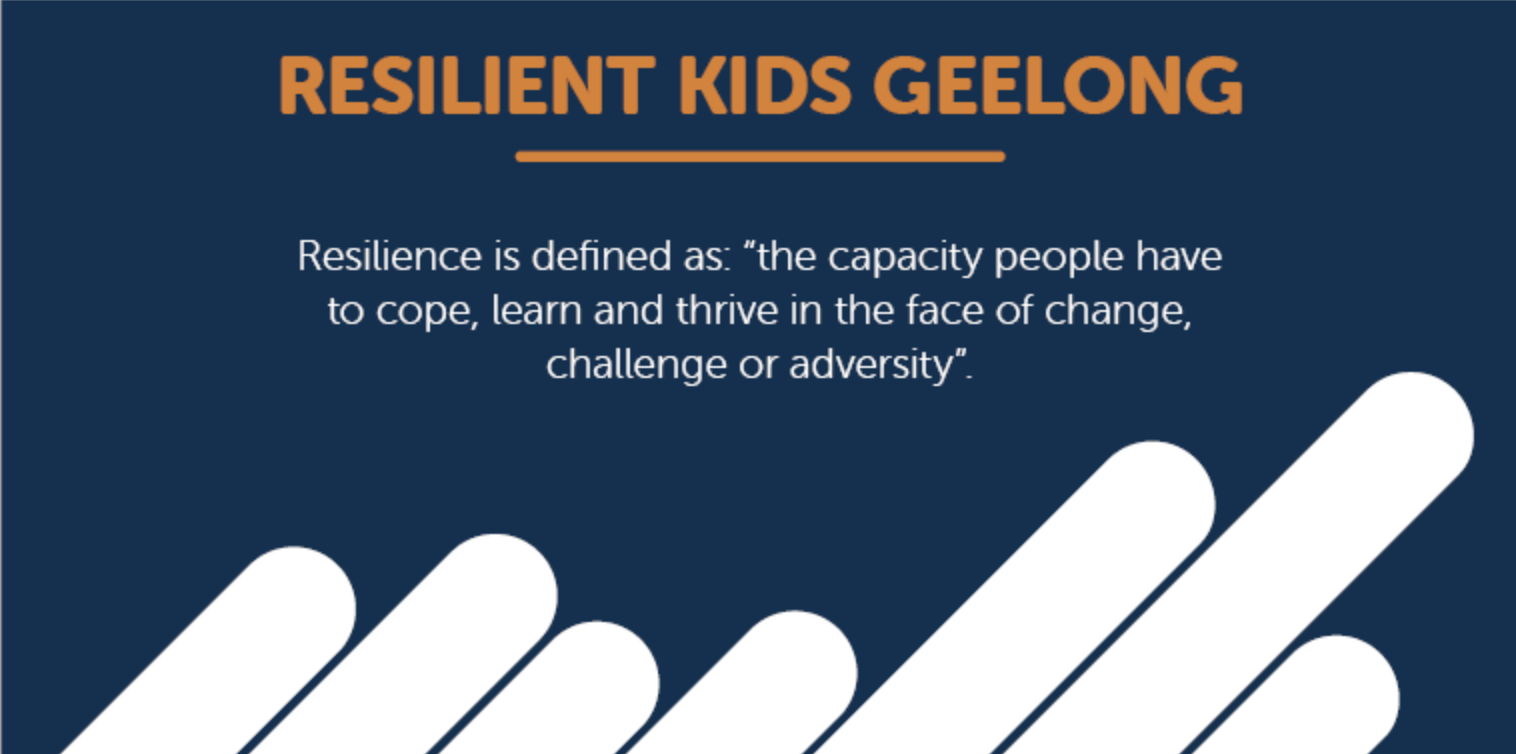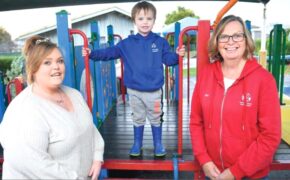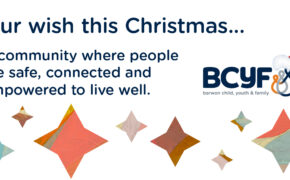Resilient Kids Geelong aims to create a community that supports families to develop resilient children.
Resilience is defined, as ‘the capacity people have to cope, learn and thrive in the face of change, challenge or adversity’ (Ref. Department of Education and Training (DET) Building Resilience Overview).
All children will benefit from developing strategies that assist them in dealing with the challenges life puts in their way, but some children may need more support than others.
What does resilience look like…
Research evidence shows that there are basic skills that are commonly found in children with high levels of resilience. These include;
- Self-awareness and control
- Social awareness and management
- Responsibility
- Effort and persistence
- Hope and optimism
- Self-esteem
- Problem solving
- Positive coping strategies
Parents can help build resilience in their children
Andrew Fuller highlighted the role of parents and families in building resilience in 2014, following a study of 16,000 Aussie kids. He identified two statements that children with resilience agreed with strongly:
‘I have a parent who cares about me’
‘I have a parent who listens to me’
Interestingly, children regarded as having low resilience were the most likely to disagree with these statements.
Strategies to help build resilience;
Don’t accommodate every need of your child.
Over protecting our children can lead to the development of anxiety and distress when a child finds itself dealing with uncertainty. Help your children work their way through a problem but let them investigate and solve it themselves.
For example, how many parents have experienced sleeping in or in the doorway of their child’s room because their child will not settle without them being in their line of sight. Work with your child in working through the problem by asking ‘How’ based questions instead of ‘Why’ (Why won’t you go to sleep?).
How are you going to be comfortable to sleep in your room on your own?
How do we make your bedroom more calming and ready for sleep?
Catastrophe!
How many parents have experienced a child having a meltdown over something that appears to an adult to be insignificant?
Help children develop self-awareness and control and Social awareness and management by asking them where on the catastrophe scale their situation is (for example 0 – not important through to 10 – This really is a catastrophe that will impact on my wellbeing or safety). Assist your child in problem solving their response to the issue and how it could be managed in the future without feeling like every issue is a catastrophe.
Parents can also help children through role modelling and acknowledging where we don’t always manage our emotions in the best way and responding to their crises with maturity and insight rather than anger.
Goal Setting and Problem Solving
Parents can help children in understanding the value of striving to achieve a goal in a variety of ways. Research shows that by delaying gratification and working to achieve a goal is a key quality of an emotionally mature person.
For example setting a savings goal with a prize or reward at the end is an ideal way to teach children the value of working towards a goal and also the problem solving along the way to identify ways to raise money through completing tasks or offering services.
Family Resilience
What is resilience from a family perspective, what are the risk factors and what are the protective factors.
Click Read More to read a short story from New Zealand that identifies ways to help families become more resilient.
How can I help my child become socially aware….
Parents can help their children to build resilience through social awareness. Parents becoming involved in community groups or events such as sports groups, religion, neighbours or school groups will expand the reach of childrens connections to community and thereby build elements of resilience. For more information click Read More to go to a publication from the Commonwealth of Australia…
10 Ways to build resilience…
The American Psychological Association has published 10 ways to build resilience in young people. Click on Read More… to be taken to a blog by the Australian Youth Mentoring Association that introduces why resilience is so important and also the steps we, as parents, can take to help our families.
I want access to resources to help me build resilience in my child
There are multiple resources available on-line to help parents learn more about the importance of resilience and to pick up strategies to use with their children.
One example by Reachout.com provides a free resource for home teaching along with a free webinar and activity sheets. The resource can be found here.
As a parent I worry about the influence of Social Media, what can I do?
Building a broad base of resilience skills will help your child to make informed decisions about their social interactions. There has been a large amount of research about the role of social media. Click Read More to go to a document review for the Commissioner for Children and Young People, West Australia in 2015. The summary at the start of the report provides some great information for parents and the full report is very detailed about the research documents that are out there for us to use.
How does resilience help my child on-line and on social media?
Highly developed resilience skills mean your child is more likely to make informed decisions and to be connected and engaged with real and virtual communities in a healthy way. Backed by some of the large telecom companies in the UK, Internetmatters.Org, have produced a simple and easy website for parents and children to learn more about on-line activities and how to stay safe.
Click Read More to go to the Internetmatters website….
Subscribe to our mailing list and stay up to date with the latest news and events from BCYF.





